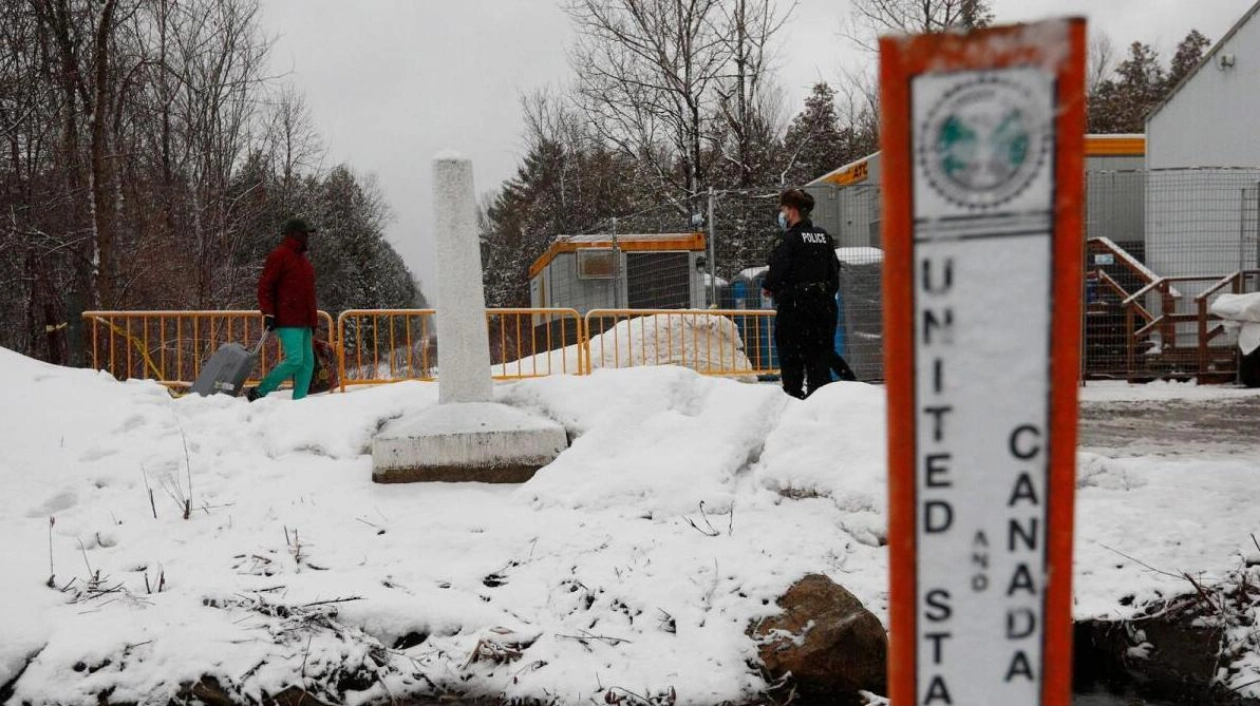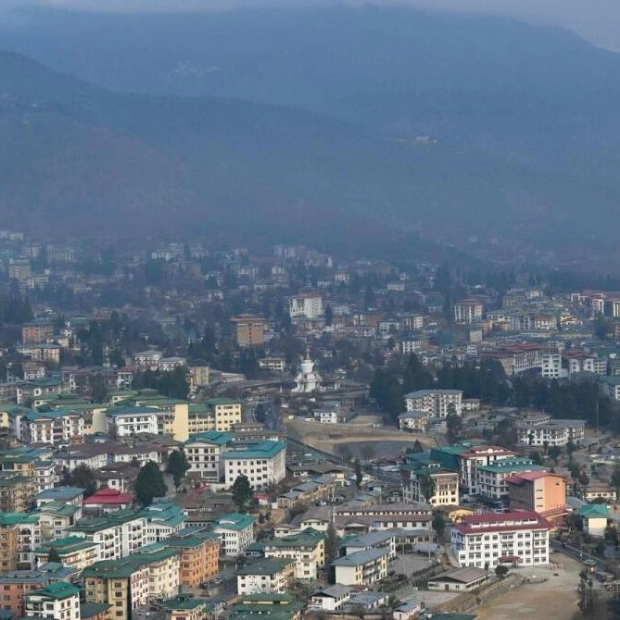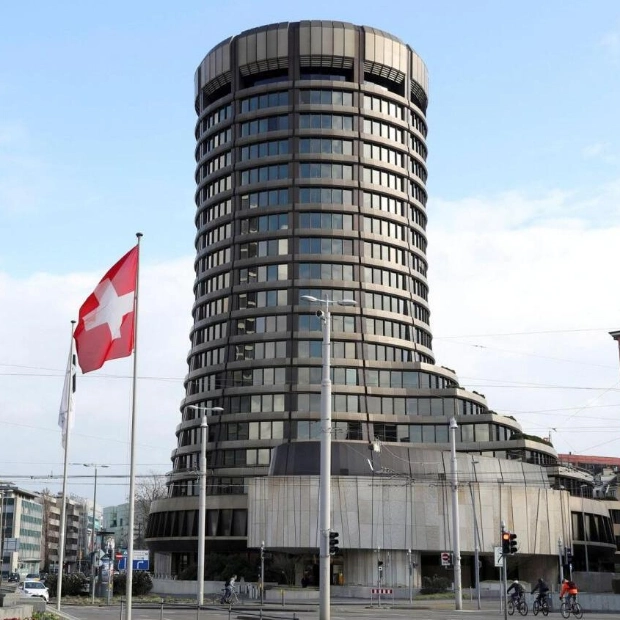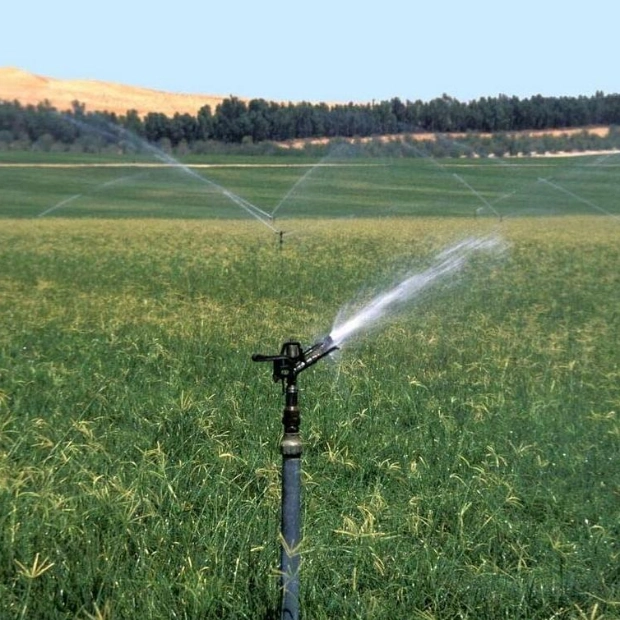Royal Canadian Mounted Police officers welcome refugees as they arrive at the Roxham Road border crossing in Champlain, New York. AFP File Photo
Canadian authorities have raised their alert level, focusing intently on the US border as they prepare for a potential surge in migrants from the United States. US President-elect Donald Trump has vowed to execute the largest mass deportation in American history, accusing immigrants of 'poisoning the blood of our country.' During his first presidential term from 2017 to 2021, tens of thousands of migrants, including Haitians whose US protections were revoked, fled northward to Canada.
'We're on high alert,' stated Royal Canadian Mounted Police spokesman, Sergeant Charles Poirier, in an interview with AFP. 'All of our attention is on the border to monitor the situation... because we understand that Trump's immigration policies could lead to an increase in illegal and irregular migration to Canada,' he explained. In Ottawa, Deputy Prime Minister Chrystia Freeland convened a meeting with a group of ministers responsible for addressing potential conflicts with the incoming Trump administration. She assured the public that Canada is prepared for a possible influx of migrants.
'We have a plan,' she announced at a press conference following the meeting, though she did not provide specifics. 'Canadians should be aware... our borders are secure and under our control.' This heightened vigilance coincides with Canada's decision to reduce its immigration targets. Prime Minister Justin Trudeau's government aims to slow population growth while strengthening key infrastructure and social services. Quebec Premier Francois Legault recently expressed concerns about the strain on his province's housing capacity due to a large number of arrivals.
In the immediate aftermath of Tuesday's election, online searches in the United States regarding moving to Canada surged tenfold. The legal status of those conducting these searches remains unclear, but some US citizens opposed to Trump's return to power have reportedly been inquiring about Canadian immigration and relocation services. Google Trends data highlighted search terms such as 'immigrate to Canada,' 'Canada immigration process,' and 'how to move to Canada.' The government estimates that processing permanent residency applications can take up to one year, with projected wait times for refugee claims extending to 44 months.
Sergeant Poirier emphasized that entering Canada between border checkpoints is illegal and perilous, particularly during winter months. 'We empathize with the suffering and fear that compels people to attempt crossing into Canada (through forests, fields, or across lakes and rivers), but there are genuine risks,' he cautioned. 'The weather is turning cold. We've witnessed past tragedies where individuals suffered severe frostbite requiring amputations and others experienced severe hypothermia. Some have even perished.' Recent rule changes in 2023 have also made it more challenging for individuals from the United States to successfully claim asylum in Canada, likely resulting in their return to the United States.
Poirier noted that 'more boots on the ground' are anticipated to be deployed along the world's longest unmilitarized border in the coming days, as authorities predict migrants will begin their journeys soon, ahead of Trump's inauguration in January. Additionally, cameras, sensors, and drones have already been installed along this 8,891 km stretch, with real-time information sharing between Canada and the United States.
Despite extensive planning, Poirier warned that if thousands of migrants arrive simultaneously and attempt to cross at multiple border points, 'it could become unmanageable.'
Source link: https://www.khaleejtimes.com






